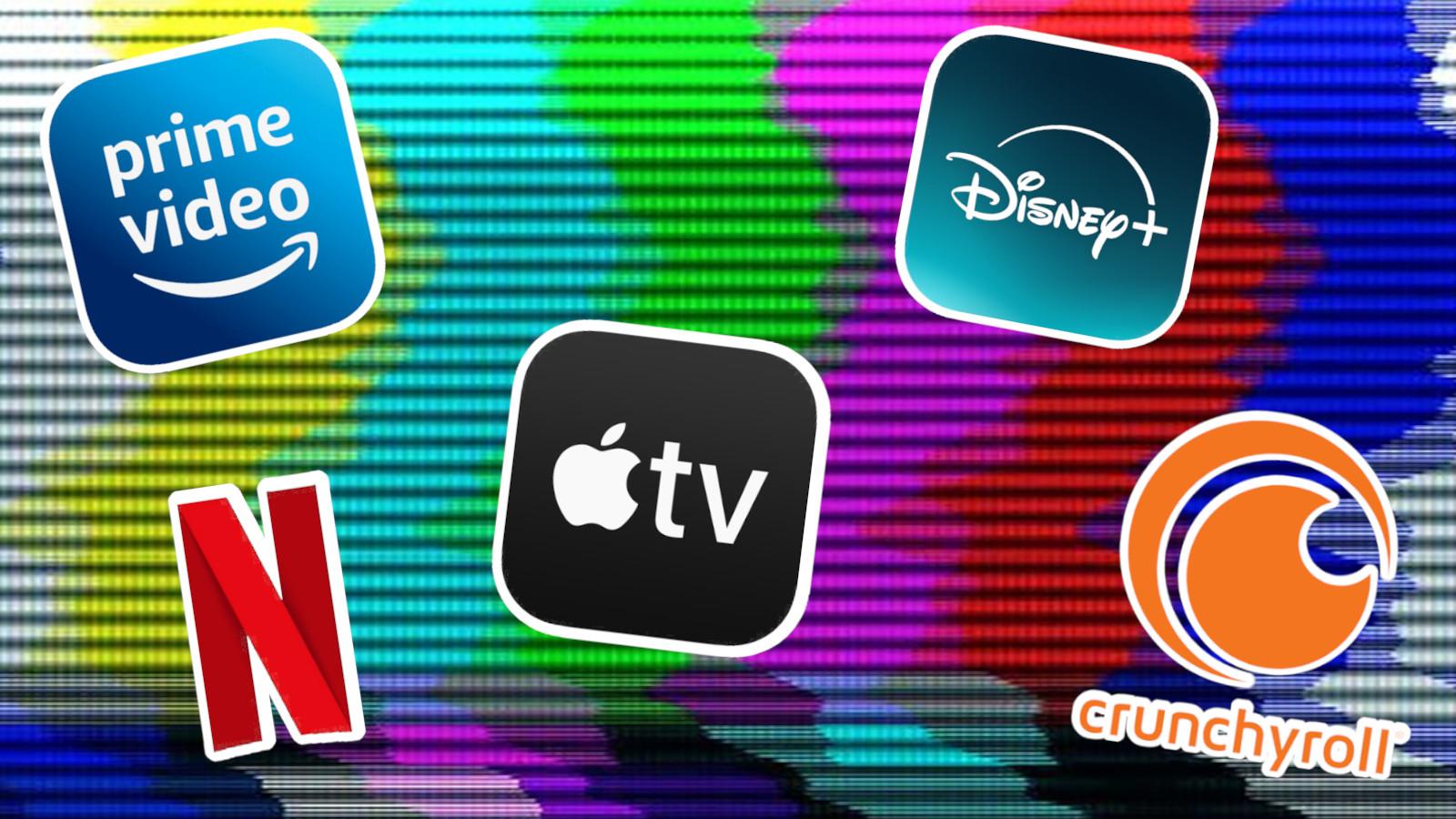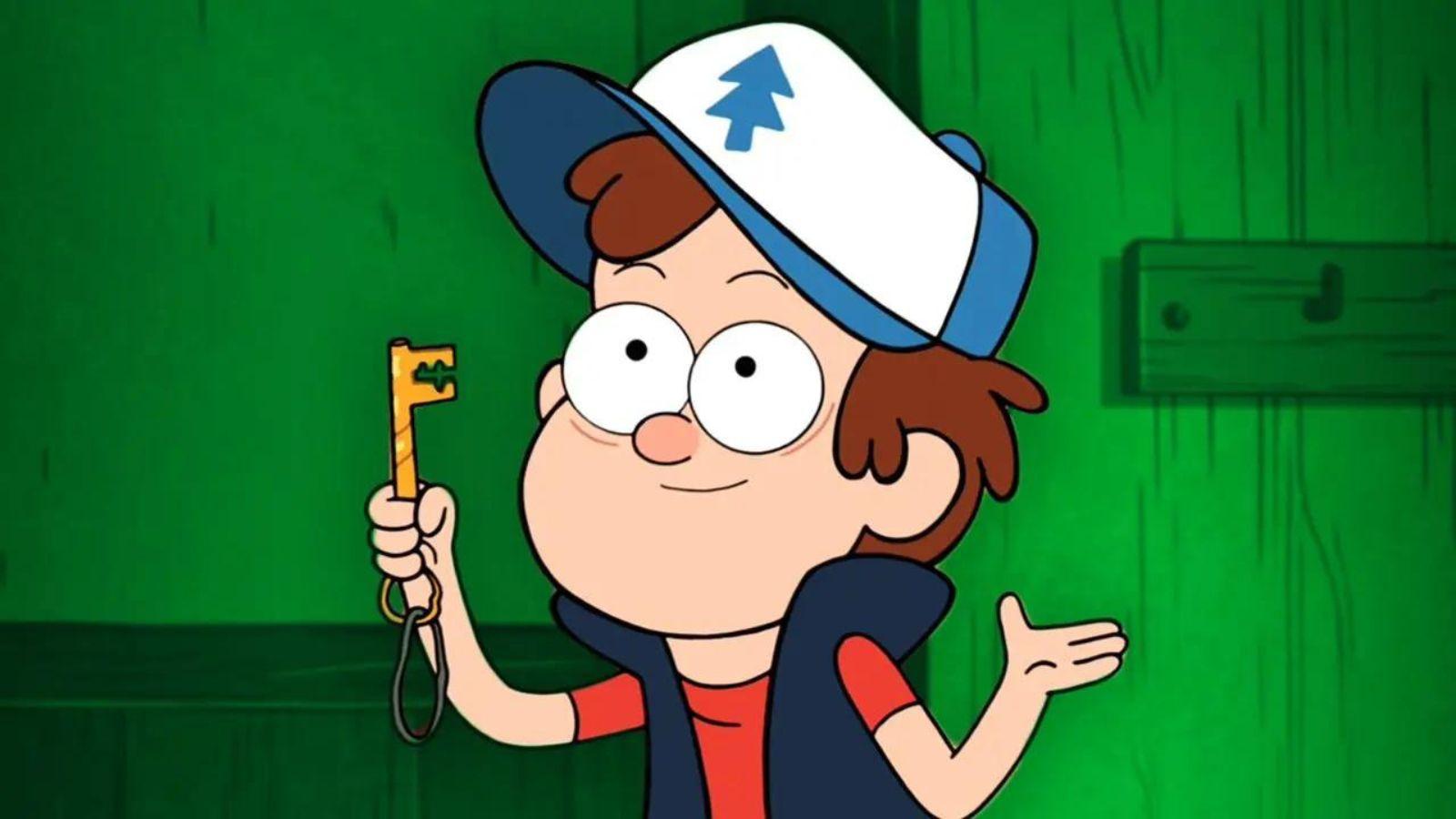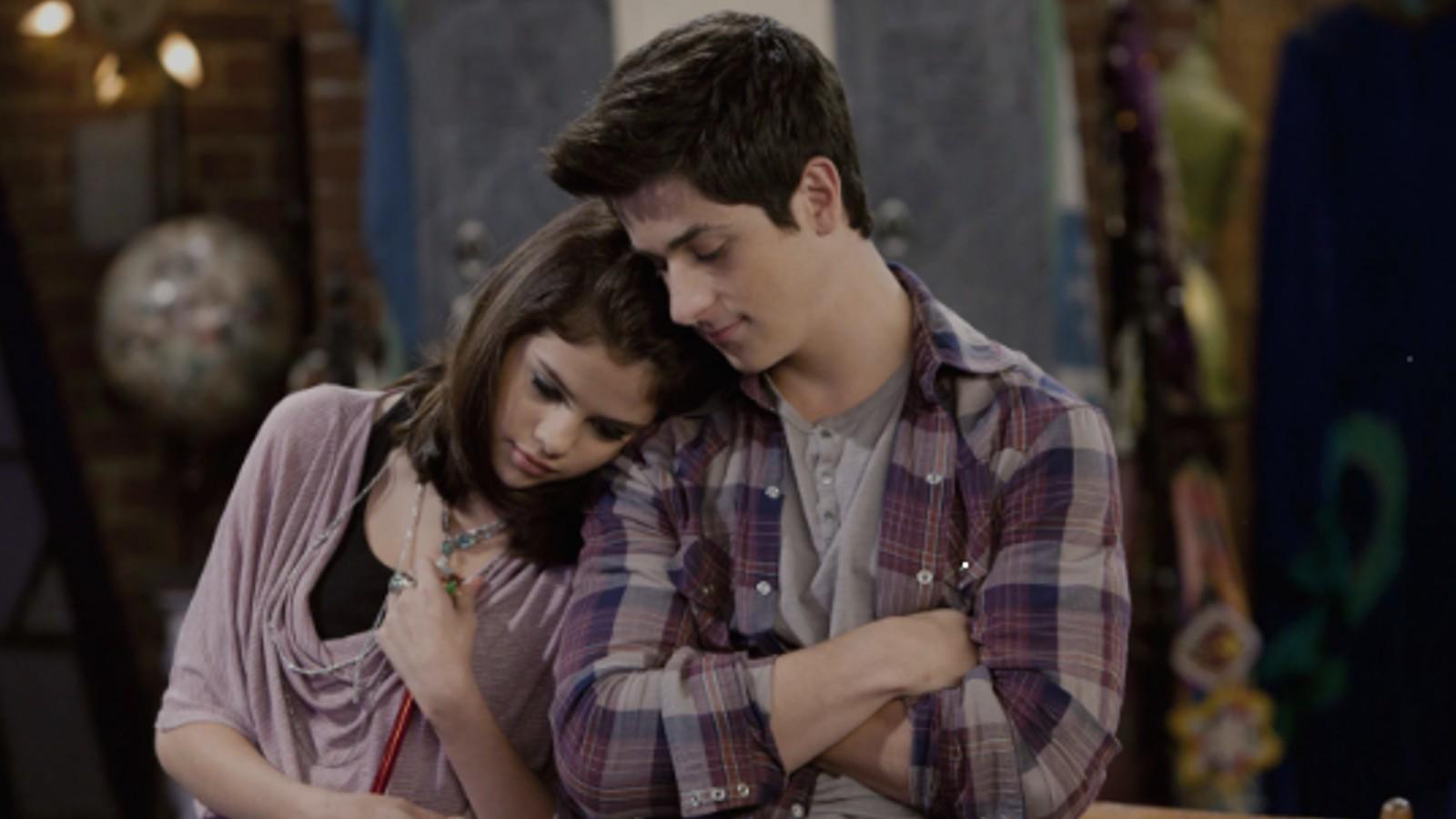Why is the MCU multiverse so tiresome?
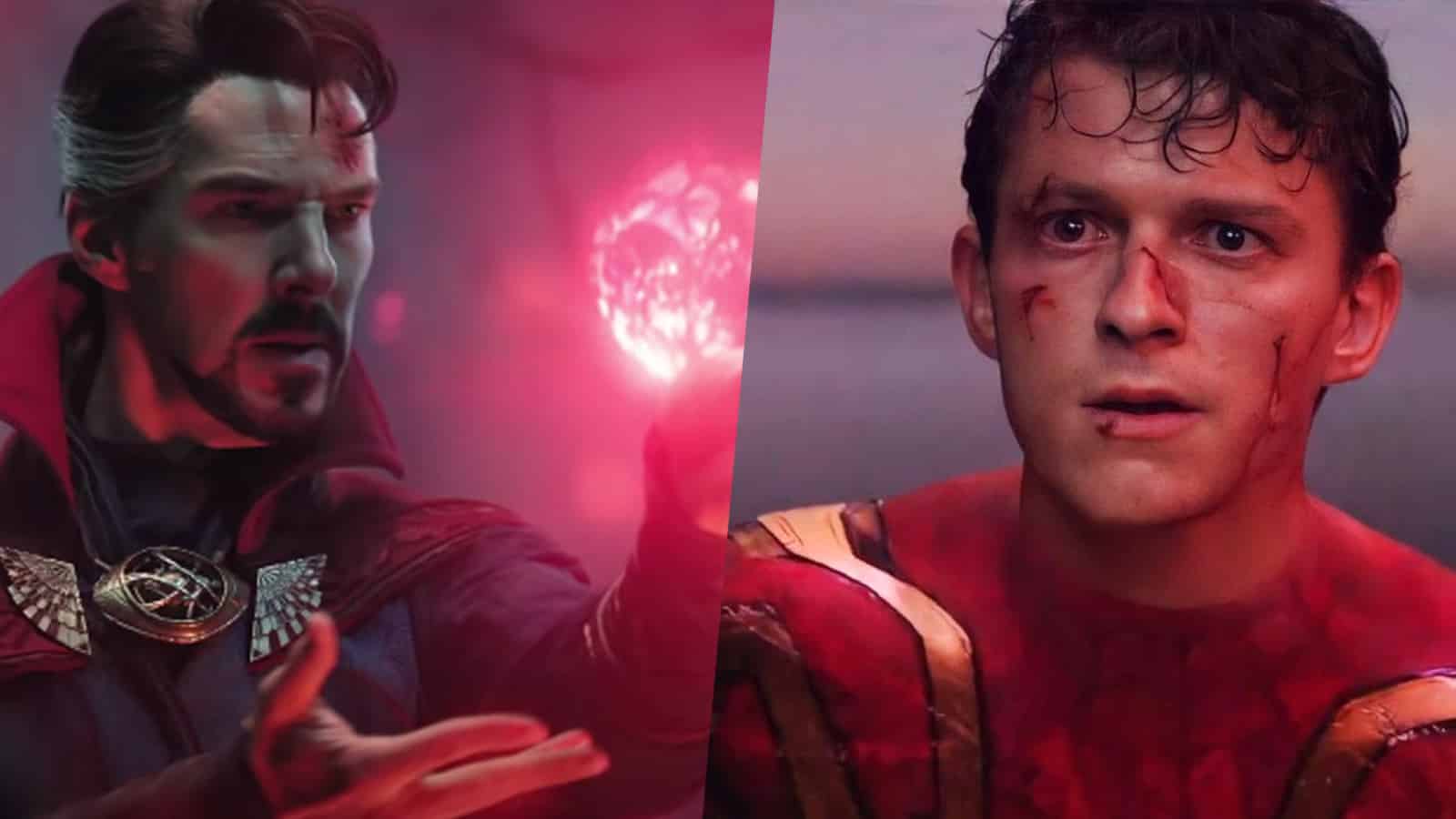 Marvel Studios
Marvel StudiosMarvel Studios shaped the comic book movie genre as we know it, yet the multiverse has proved the franchise is in desperate need of a break.
When Iron Man graced our screens in 2008, no one could have predicted the astronomical impact it would generate. While Robert Downey Jr’s debut as Tony Stark was a singular adventure, the foundations for a larger threat began to emerge in the post-credits: The Avengers Initiative. The Earth’s mightiest heroes, who would come together to face an unrelenting danger.
There was a sense of progression. Each movie used as a building block towards the impending doom of Thanos. Avengers: Endgame thrillingly concluded the decade-long saga, tying up loose ends and giving our legacy heroes the peace they deserve. However, when the dollar signs are as big as the cheques Endgame cashed in, it was inevitable that the MCU would continue to truck along immediately after.
Herein lies one of the biggest issues the MCU is facing, as the dawn of the multiverse concept stumbles rather than soars: the multiverse should have been the next great event, not just a plot device.
The MCU needs to gain momentum again
Phase Four is an odd chapter in the MCU’s journey. Beginning with Black Widow, a movie that should have been made six years ago, the latest line of adventures lacks synergy. Each Phase prior has built towards a new goal, weaving its single-shot stories into the bigger picture. The key element to this was that the audience was in on the plan-at-large. We knew that our heroes would face off against Thanos and his galactic army one day. It feels like Phase Four is a regression.
The multiverse concept is a brilliant catalyst for unlimited possibilities – on paper, at least. Yet, the momentum of it is strained by the unrelenting bombardment of content. Compared to Phase Three, which had just over 24 hours of movies to consume, Phase Four has already clocked in nearly 50 hours between its movies and TV shows. Sure, this isn’t a problem for the average avid Marvel fan, but cinemagoers who are tuning in for the main adventures may just feel out of the loop. The multiverse was teased in Avengers: Endgame, but the full breakdown of its mammoth reach was explored in the time-bending narrative of Loki.
The MCU hasn’t built on Loki and Spider-Man: No Way Home
Dubbed “The Multiversal War”, Loki explained that He Who Remains discovered the existence of branching universes. Establishing contact with his multiverse variants, peace eventually turned into war and the creation of the Time Variance Authority. It all sounds captivating in the moment, but what if you’re not in on the fun? Outside of Loki, the multiverse is just a plot device, almost acting as an intangible MacGuffin.
Spider-Man: No Way Home may have split the multiverse open for general audiences, but let’s be honest here: the real pull was seeing all three Spideys meet for the first time. No Way Home was more about reveling in the legacy of Spider-Man and using the multiverse as a bridge to get there. But what about Doctor Strange: In The Multiverse of Madness?
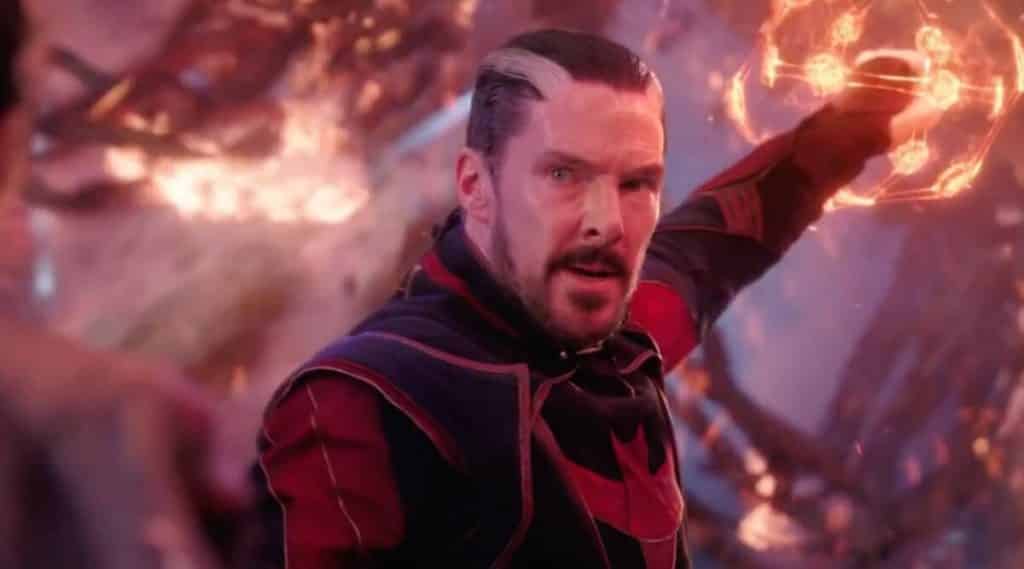 Marvel Studios
Marvel StudiosSure, I’d be hard-pressed to debunk a movie with the MCU’s latest idea in the title. Nevertheless, Doctor Strange’s second solo venture fails to capitalize on the time-ripping consequences of No Way Home. The events of Peter Parker’s multiverse fracturing battle are referenced in passing, but they can’t dive into the true emotional beats it contains. That’s because the ending of No Way Home cornered them with the caveat of forgetting Parker’s identity.
In the case of Parker, its a devasting change to his life and a necessary step towards becoming New York’s ultimate hero. In the grand scale, its severely limiting to exploring its more brutal consequences. The addition of underwhelming reshoots to add in a slew of fan-cast heroes hardly solves that either. The existence of The Illuminati should evoke a bigger question for the fate of the universe. Unfortunately, their existence is only used for shock value.
Two movies later, and the MCU is already exhausting
After just two movies set within the notion that the multiverse exists, the MCU already feels exhausting to keep up with. Most of its Disney+ TV show output often feels drawn out, stretching each strand of its plots to desperately fill out those designated six hours of viewing time. Moon Knight, The Falcon and The Winter Soldier, and Hawkeye? All guilty of this.
The MCU used to gamble on lesser-known characters; The Guardians of The Galaxy are the main example in this regard. Moon Knight and Sam Wilson’s TV outings could have easily been higher quality, streamlined MCU movies that nudged the ongoing journey.
What exactly is the multiverse concept aiming to achieve? What is the ultimate goal? Kevin Feige has stated he’d be planning out the next decade of MCU movies this year on a retreat. This should have been the next step after Avengers: Endgame. Look, despite their wider flaws, I’ve enjoyed parts of Phase Four. However, the MCU should have taken a two to three-year break from the big screen.
Secret Wars needs to payoff the MCU multiverse
It has long been theorized that the MCU would stride towards the legendary Secret Wars comic series. If you’re unfamiliar with Secret Wars, essentially Marvel’s most famous heroes and villains are transported to a planet known as the “Battleworld” by a cosmic entity known as the Beyonder.
Featuring an incredible ensemble of characters, teams are formed as a battle royale skirmish unfolds. There is even the origin of the Symbiote which finds its way to Spider-Man. More importantly, Secret Wars includes the likes of the X-Men and the Fantastic Four facing off against a plethora of villains such as Kang the Conqueror, Ultron, Doctor Doom and more.
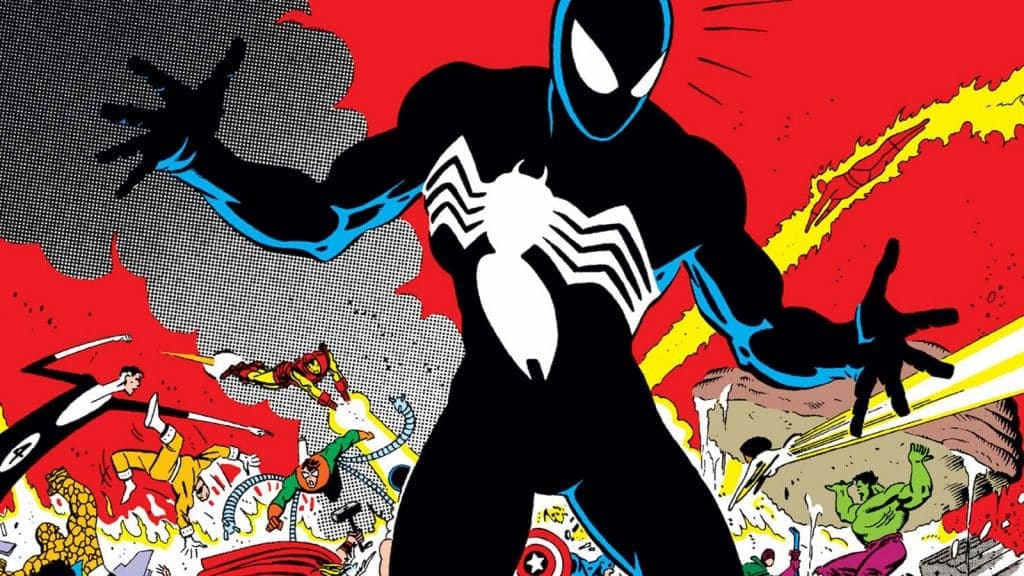 Marvel Comics
Marvel ComicsPart of the necessary elements to make this work are already in the MCU. We’ve got the He Who Remains variant, Kang the Conqueror, appearing in Ant-Man and The Wasp: Quantumania. We know that universal guardians such as The Watcher exist. Variants of John Krasinski’s Reed Richards and the Fantastic Four must be out there, and though her X-Men related origins have changed, Wanda Maximoff is here too.
The conflict present in Avengers: Endgame was the biggest we’d ever seen in superhero cinema – but Secret Wars could easily top this. The cosmic realm shouldn’t just be limited to the likes of Captain Marvel, Thor, and the Guardians of The Galaxy. Infinity War and Endgame may have taken a few of our favourite heroes to space for a limited time only, but there is a whole galaxy to explore. Using the multiverse to enable this storyline could open up a wealth of planetary proportions that not even Galactus could devour.
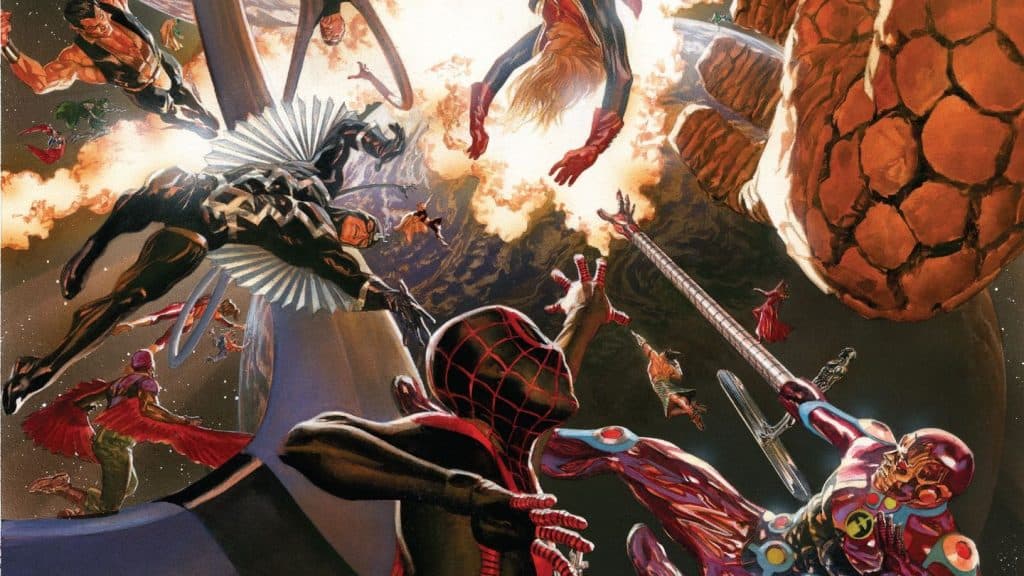 Marvel Comics
Marvel ComicsChloe Zhao’s Eternals came close to opening up the space equivalent of Pandora’s box, but ultimately landed as a dud entry in Phase Four. Thankfully, the existence of the Celestials and immortal beings still inspires hope for the gargantuan road ahead for the MCU. While Chloe Zhao’s somber entry was denied a pulse, the Oscar-winner managed to enact a true sense of scale that encapsulated just how terrifying the cosmic realm can be.
If Secret Wars is the next MCU chapter akin to the Infinity Saga, then bringing in the X-Men could be a monumental landmark for both ardent Marvel fans and casual cinemagoers. Our regular cast of heroes in the MCU has changed drastically and the state of a new Avengers line-up remains in the question. Though, it’s going to take a while to get there as Phase Four isn’t even close to being over.
Between the inconsistency of Phase Four and its unclear direction for the future, I do wonder if the MCU can reach its previous heights. I’m hopeful that it will, but maybe not in our universe.
